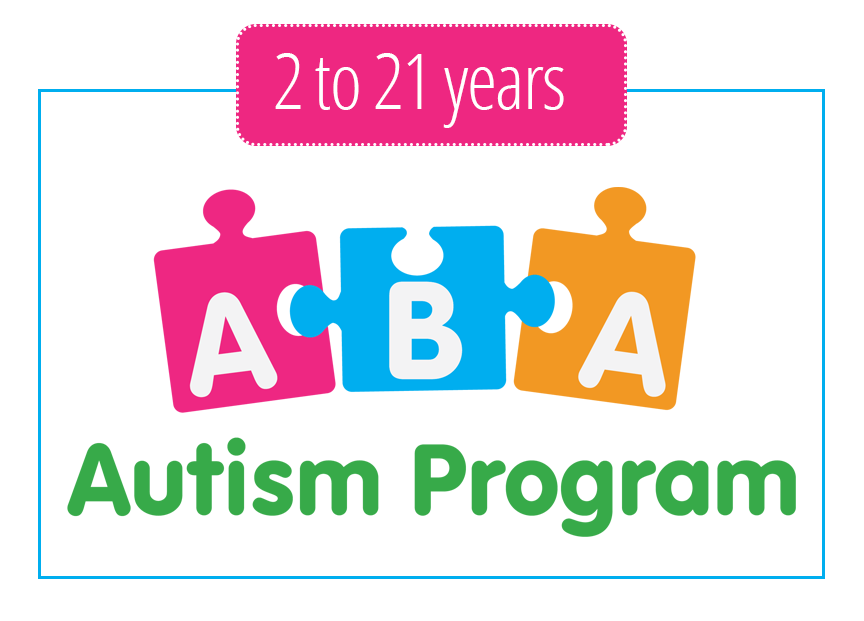HELPING YOUR CHILD GROW TO THEIR FULLEST POTENTIAL
ABA Autism Program
Diagnosis (as early as 18 months) through 21 years of age
Together, we can help individuals with autism build fulfilling lives and contribute to their communities through their unique gifts.
Our experienced team of Board-Certified Behavior Analysts (BCBA) oversee your child’s Registered Behavioral Technician (RBT) to provide an accurate analysis of what is happening with your child daily. Your team will map out goals with you to help create a plan to develop a better learning environment, provide opportunities to master and reinforce the acquisition of new skills, understand your child’s specific communication needs and map out how to support them and make objective data- driven decisions to guide our evaluation of treatment progress.


To request more information, please fill the form below
What will happen next:

What the evidence shows:
ABA is considered an evidence-based best practice treatment by the US Surgeon General and the American Psychological Association. Studies have shown that intensive and long-term ABA therapy improves outcomes for many children with autism. “Intensive” and “long term” refer to programs that provide 25 to 40 hours a week of therapy for 1 to 3 years. These studies show gains in intellectual functioning, language development, daily living skills and social functioning.
Research has shown ABA to be effective in reducing disruptive behaviors typically observed in individuals with ASD, such as self-injury, tantrums, non-compliance, and self-stimulation.